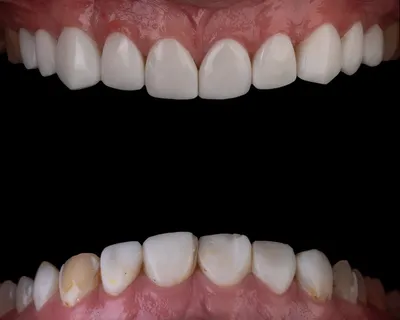Dentures and Partials: Which is Right for Your First Dentures?

Introduction
Making the right decision on your first set of dentures and partials is crucial for your dental health and overall comfort. Whether you’re considering full dentures or partials, understanding their differences, benefits, and how they fit your needs can help you make an informed choice.
Understanding Dentures and Partials
What Are Full Dentures?
Full dentures are designed to replace all of the teeth in either the upper or lower jaw. They consist of a flesh-colored acrylic base that fits over your gums. The benefits of full dentures include improving your chewing ability, enhancing speech clarity, and supporting facial structures.
What Are Partial Dentures?
Partial dentures are used when some natural teeth remain. They consist of a metal framework with acrylic teeth that match your natural teeth. Partials are similar to a removable bridge and can fill in the gaps created by missing teeth.
Benefits of Full Dentures
Full dentures are beneficial for individuals who have lost most or all of their teeth. Here are some key advantages:
- Restores a natural appearance and smile.
- Improves the ability to eat and speak.
- Supports facial muscles, preventing the sunken look that can occur with tooth loss.
Benefits of Partial Dentures
Partial dentures are ideal for those who still have some healthy teeth remaining. Their benefits include:
- Prevents further movement of existing teeth.
- Stops remaining teeth from shifting and misaligning.
- Provides a cosmetically appealing solution to missing teeth.
Which Is Right for You?
Factors to Consider
The decision between full dentures and partials depends on several factors:
- Number of Missing Teeth: Full dentures are suitable if you've lost most or all teeth, while partials are best for filling in gaps.
- Oral Health: Your overall oral health and the condition of your remaining teeth are significant factors.
- Cost: While partial dentures may generally cost less, full dentures could be a better investment if many teeth are missing.
Consult with a Dental Professional
Consulting with your dentist is imperative. A thorough examination, including X-rays and impressions, will help determine the best solution for your first dental restoration.
Conclusion
Choosing between full dentures and partials for your first set is not just about aesthetics but also about functionality and oral health. By considering your unique situation and seeking professional advice, you can ensure you make the best decision for your dental future.
Popular Dental Implant Articles
Check out our most popular articles on dental implants and dentures, trusted by our readers for reliable information.



